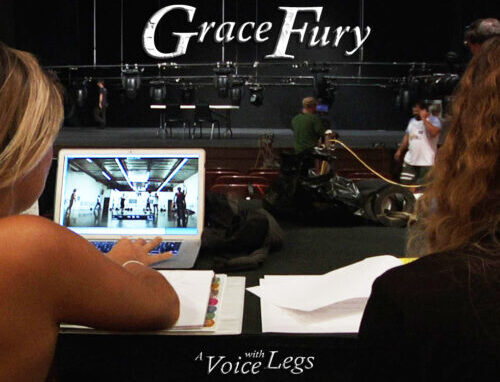
When it comes to evaluations of art, we’re predominantly dealing in the enterprise of opinion, another kind of self-expression, subject to all the familiar influences and many more:
mental / physical health * momentary mood * time of day * viewing environment or device * workload * personal experience * life interests * social networks/bias * conflicts of interest/bias * temperament * established palate (developed or undeveloped, settled or adventurous).
As it stands, self-control and exhaustive substantiation are not as requisite to film critique as they are for debates in data-driven fields or even public policy.
The science community generally weeds out evaluations that come with too much bias and too little accuracy or evidence. An established following and peer approval are important, but they ultimately yield to measurable, verifiable proof, separate from the character and her source/institution making the claim.
Unfortunately, the arts critic can pretend and go far.
She often presents like or dislike, as bona fide fact or objective truth – the more authoritative, the more persuasive. A critic can achieve self-affirmation and collect followers with minimal expectation or rigor and without comparably forcing self to endure – to do – what the artist does.
He draws his fortune from the fundamental risk and hard work of others.
It is true that everyone is entitled to an opinion. It is also true that critics are not above reproach.
They themselves do not necessarily come with greater authority or even skill in their attempts to assert it.
However, their power supply can make them dangerous.
Their enablers can be the real blessing or curse for artists trying to find and reach an audience.
In fact, the whole realm of review lends itself to an unjustified elitism
an overly cherished and protected opportunity to harm without basis,
without self-check or cross-check,
— or even any productive experience in the field(s).
Keep in mind: Employment status or years in judgment do not necessarily make credible or quality review.
For instance, to be classified “a critic” by the papers doesn’t justify the unsupported ruination of another in a single word or sentence. Scant, inaccurate statements, vague and unremarkable, meant to belittle a film from only and obviously an insufficient sampling of it, should not qualify as professional critique. They should embarrass their source.
Relative to the mind, maturity, and experience of the reviewer,
public judgment can be a deceptive and destructive project,
unless it’s handled cautiously from that very awareness.
If good, the critic is careful.
She already knows that time and care for the facts and accuracy
tell us she put time and care in review.
(Mike Sargent did not officially review Grace Fury, but he and guest commentator/filmmaker, Marianne Hettinger, interviewed me on WBAI,NYC’s Free Speech Radio 99.5 FM. If you appreciate their professionalism as much as I do, please donate to this station. I was utterly impressed.) Mike is an excellent critic, in part because he is also a filmmaker. He brings an intelligent curiosity, insight, and empathy to his inquiry and communication about film.
Otherwise, what is the point?
In truth, film review already rests on shaky ground. If conflicted, factually wrong, poorly developed, and offers no depth or meaningful insight, it’s a fool’s delight and a waste of print space that can still:
- penetrate the public mind
- plant preconceptions
- shape first impressions
- or just kill interest altogether.
The well placed and promoted lies, errors, and abuse of the pseudo-critic can also make the already-at-risk artist a pariah — tarnish his name and image online, repel collaborators, and hobble his future.
If we invite the reckless to judge and the powerful to amplify that voice – those effects become the point.
“Under no illusions.”
I recognize the power of the press and mega media platforms.
I also believe people power, with just cause and without fear, should push back
to keep our playing fields open, level, upright (cooperative) – and competitive.
As a general rule of thumb, it’s best to keep arguments on message, not on messenger. I’m well aware of ad hominem pitfalls. However, when the coddled critic fails what little obligations and facts are involved, and proceeds nevertheless to violate films and defame their creators, we can call that character, arguably all of his opinions of film, and his power supply/support into question.





Recent Comments